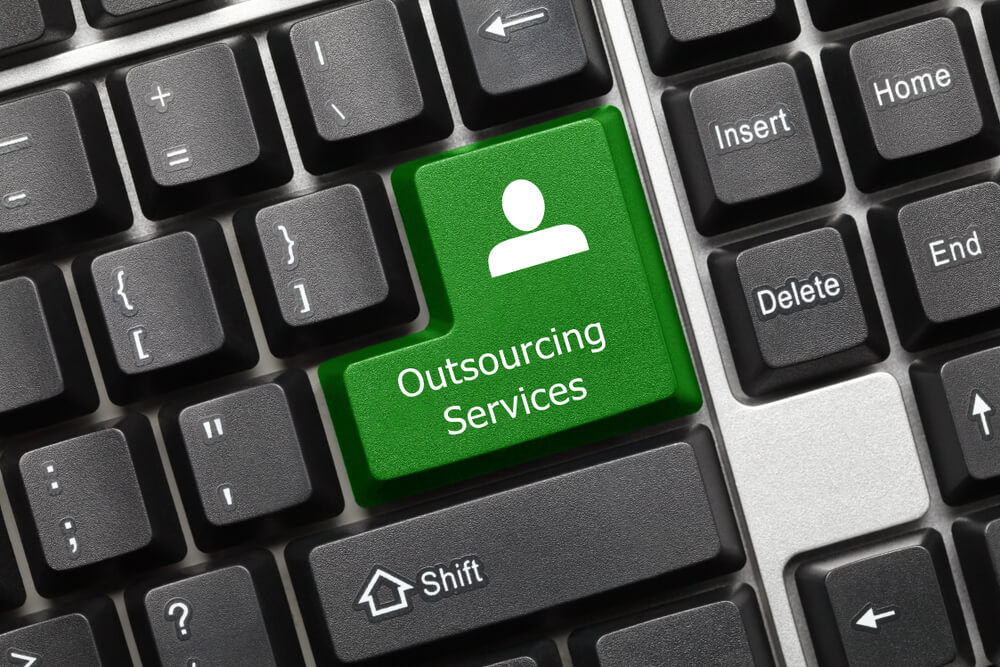It's a common misconception that outsourcing employee benefits is the same as outsourcing employee benefits administration. Don't feel bad if you've made the same mistake; the industry providing these services hasn't helped clear up matters. Some companies claiming to offer employee benefits aren't able to do so, so they try to confuse consumers about what they're truly offering.
Providing Benefits vs. Benefits Administration
Outsourcing employee benefits typically refers to a company contracting with an outside vendor to provide their employees with certain benefits, such as health insurance or retirement savings plans.
In contrast, outsourcing employee benefits administration typically refers to outsourcing the administrative tasks associated with managing employee benefits programs.
This might include tasks like processing claims, maintaining employee records, and providing customer support for employees who have questions about their benefits coverage. Outsourcing this type of work aims to improve efficiency and reduce the need for internal staff dedicated to managing these processes.
Outsourcing Benefits and Administration
When you outsource employee benefits, you get employee benefits administration, too. This is a win-win situation because you can save money (and headaches) on finding and implementing benefits, plus saving money (and more headaches) on all the administration that comes with employee benefits.
One effective way for employers to provide their employees with access to better benefits at an affordable cost is to partner with a third-party administrator (TPA). TPAs offer expertise in understanding the complex regulations and requirements surrounding employee benefits, allowing employers to outsource this aspect of their business.
With the help of a TPA, employers can access more comprehensive and cost-effective employee benefits programs that they may not be able to access on their own.
Additionally, by partnering with a TPA, employers can better manage employee benefit plan costs and stay ahead of industry trends, helping them succeed in an increasingly competitive business landscape. Through an effective partnership with a TPA, employers gain many benefits that enable them to attract and retain top talent while keeping their business operations efficient and profitable.
But not all TPAs can provide benefits.
What are your HR outsourcing options?
So, what are your TPA options? You'll most often see Administrative Services Organizations (ASO) and Professional Employer Organizations (PEO). Let's look at each one in the PEO vs. ASO debate.
The primary difference is that ASOs only handle the administration and management of an organization's human resources, payroll, and benefits functions.
PEOs offer all the administrative services of an ASO and the ability to file payroll taxes for you.
A PEO can offer employers access to a wide range of employee benefits and services. Unlike an ASO, which only handles administrative aspects of managing employees, a PEO typically takes on more direct responsibility for managing employee benefits and other parts of the employment relationship.
Only PEOs Offer Better Benefits
One of the primary benefits offered by PEOs is access to a broader range of benefits options than what would typically be available through an ASO and at better prices. This can include health insurance plans, retirement accounts, workers' compensation insurance, and more.
Overall, a PEO can provide employers with access to better benefits. This can help companies attract and retain top talent in a competitive marketplace while reducing costs associated with benefits administration and compliance.
A PEO can offer Fortune 500-level benefits at a more affordable cost than many companies can achieve on their own. This is because PEOs typically have access to economies of scale and other resources to negotiate better deals with health insurers, investment firms, and other vendors.
Additionally, they can leverage their HR and benefits administration expertise to streamline administrative tasks and reduce inefficiencies. As a result, PEOs can offer comprehensive employee benefits packages tailored to the specific needs of individual businesses while remaining cost-effective and accessible for all organizations.
Don't Settle for Just Administration
Outsourcing all aspects of employee benefits can help ensure that the company gets the most cost-effective and efficient solution possible. You only get this from a PEO. This is because a PEO will have expertise in designing benefit programs that meet the needs of the company's workforce while also leveraging economies of scale and negotiating favorable rates with providers across multiple plans.



